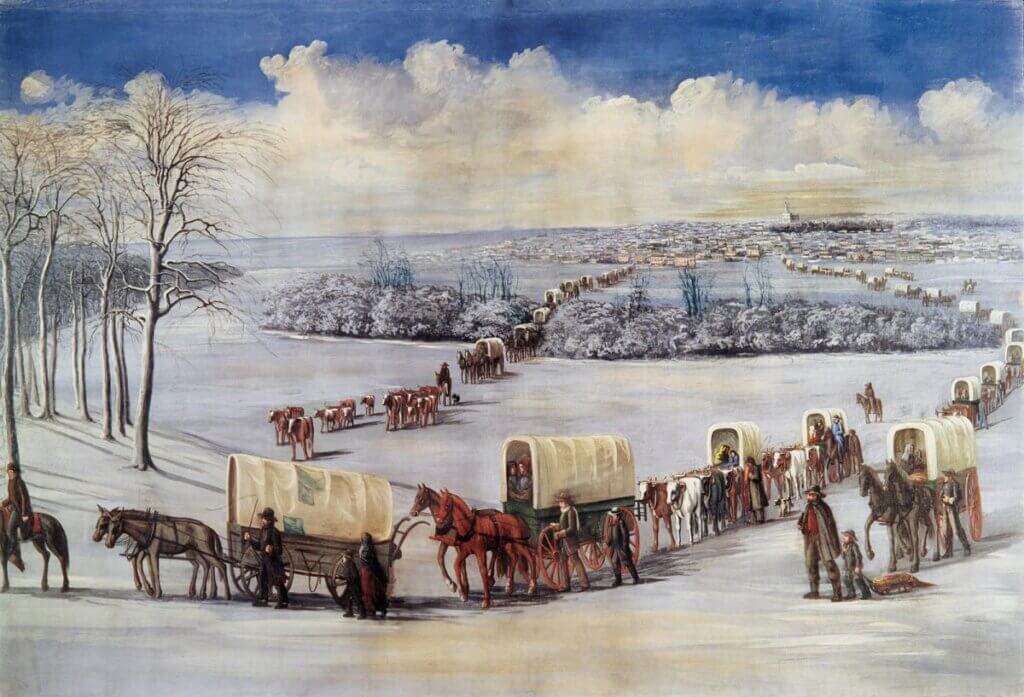Isaiah’s definition of what constitutes a “man”—in contrast to something less than a man—is of one who assumes the role of “intercessor.” We observe this definition in the following poetically paralleled verse: “When integrity is lacking, they who shun evil become a prey. Jehovah saw that there was no justice, and it displeased him. When he saw it, he wondered why there was no man, no one who would intercede” (mafgia‘, also “intervene,” Isaiah 59:15–16).
Providing an example of what he means, he says to his end-time people—those who “trample” the courts of his temple like beasts of sacrifice who don’t know why they are there, who bring “worthless offerings,” whose meetings he “detests,” and whose prayers he “will not hear”—“Learn to do good: demand justice, stand up for the oppressed; plead the cause of the fatherless, appeal on behalf of the widow” (Isaiah 1:17; cf. vv 11–16).
As we observe from the following passage, moreover, God’s servant does the things that make a man. Facilitating this are the terms of the Davidic Covenant and its protection clause. Indeed, here Isaiah encapsulates the operative principle of the Davidic Covenant and its requisite law of interceding with God on behalf of others, so that they might be physically delivered from evil:
“Because of his knowledge, and by bearing their iniquities, shall my servant, the righteous one, vindicate many. I will assign him an inheritance among the great, and he shall divide the spoil with the mighty, because he poured out his soul unto death, and was numbered with criminals—he bore the sins of many, and made intercession for the transgressors” (Isaiah 53:11–12).
The “knowledge” God’s servant or servants possess are the terms of the Davidic Covenant under which God is bound to deliver those for whom they intercede—so long as the intercessor does his part before or at the time a need for intervention arises. What is that? It is to freely offer up his decent through suffering and tribulations until the price is paid that God requires for him to intervene and deliver from peril those on whose behalf he pleads. At the same time, by thus becoming their proxy savior, that servant himself ascends the spiritual ladder, reborn of God and re-created closer to his image and likeness.
So do God’s end-time servants who call upon God day and night on behalf of the house of Israel: “Thus says Jehovah: As when there is juice in a cluster of grapes and someone says, Don’t destroy it, it is still good, so I will do for the sake of my servants by not destroying everything: I will extract offspring out of Jacob, and out of Judah heirs of my mountains; my chosen ones shall inherit them, my servants shall dwell there” (Isaiah 65:8–9; cf. 62:6).












